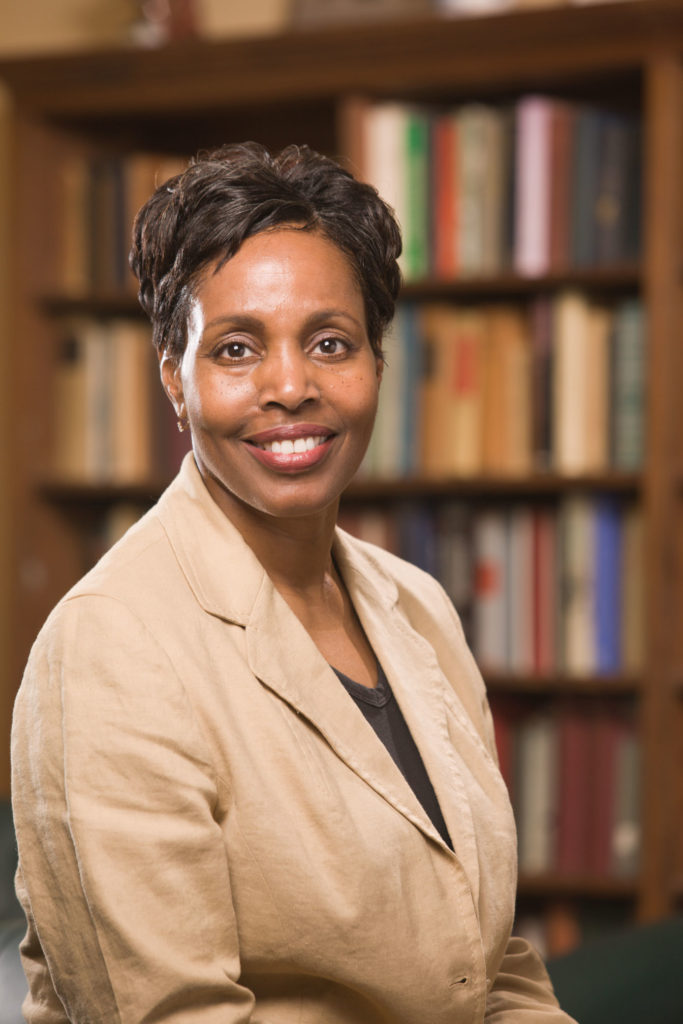Valerie Babb has been appointed director of the Institute for African American Studies in the Franklin College of Arts and Sciences. A professor of English and African American Studies, Babb was previously a professor at Georgetown University. She continues as a faculty member of the Bread Loaf School of English at Middlebury College.
“The IAAS is one of UGA’s premier units for engaging in the contemporary exchange of ideas across disciplines,” said Hugh Ruppersburg, interim dean of the Franklin College. “Dr. Babb’s scholarship in American literature and culture will be a vital contribution to the intellectual history that serves as the basis for the institute.”
Originally founded as Afro-American Studies in 1969, the Institute for African American Studies was formally established in 1992. The institute’s focus on research, students and community involves offering new courses and developing new programs of study with efforts to establish and reinvigorate community collaborations across UGA and beyond.
Babb received her bachelor’s degree at Queens College, the City University of New York; and her M.A. and Ph.D. at the University at Buffalo, the State University of New York. Among her publications are Whiteness Visible: The Meaning of Whiteness in American Literature and Culture, Black Georgetown Remembered and Ernest Gaines.
“To continue the institute’s traditions, I look forward to growing the major and making more students aware of the diversity of career opportunities available in the academy, public and private cultural institutions, governmental agencies and non-profits,” Babb said. “As evidenced in the series of lectures it coordinates with East Athens Community Center, in the Writers in the Schools initiative, the Apero lecture series, its sponsorship of the multicultural student journal Mandala and the annual African Diaspora Film Festival, the institute takes seriously its responsibility to contribute to the intellectual life of the university and Athens community.”
